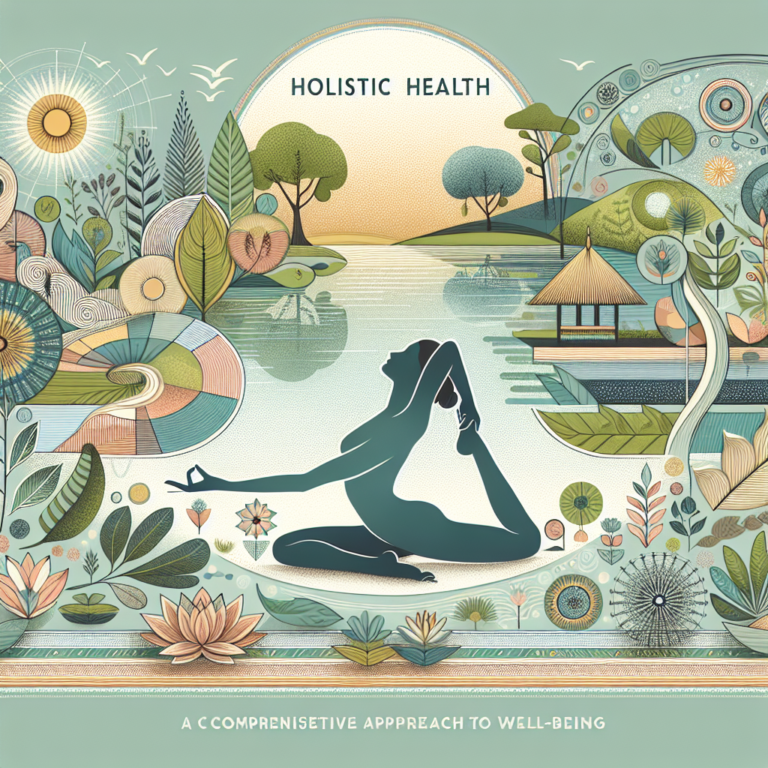Holistic health is a philosophy that considers the mind, body, and spirit as interconnected elements that must be in balance to achieve optimal health and well-being. This approach to health care takes into account the whole person, rather than just focusing on individual symptoms or diseases. Holistic health aims to address the root causes of health issues, rather than just treating the symptoms. It emphasizes prevention and self-care, helping individuals take control of their own health and make positive lifestyle choices.
Holistic health is not a new concept. It has been practiced for centuries in various cultures around the world. However, it has gained popularity in recent years as people seek alternatives to conventional medicine and a more integrated approach to health care.
There are several key principles that guide holistic health practices. These include:
1. Treating the whole person: Holistic health views the individual as a complex system of mind, body, and spirit that must be in balance to achieve optimal health. Practitioners take into account all aspects of a person’s life, including their physical health, emotional well-being, social relationships, and spiritual beliefs.
2. Prevention: Holistic health focuses on preventing illness and disease before they occur, rather than just treating symptoms once they appear. This includes promoting healthy lifestyle choices such as proper nutrition, exercise, stress management, and adequate sleep.
3. Self-care: Holistic health empowers individuals to take control of their own health by making informed decisions about their wellness. This may involve learning about the body’s natural healing abilities, using relaxation techniques, and practicing self-care activities such as meditation, yoga, and tai chi.
4. Holistic treatments: Holistic health practitioners may use a variety of alternative therapies to promote healing and well-being, including acupuncture, chiropractic care, herbal medicine, naturopathy, massage therapy, and nutritional counseling. These therapies are often used in combination with conventional medical treatments to provide a more comprehensive approach to health care.
5. Mind-body connection: Holistic health recognizes the powerful connection between the mind and body. Emotional and mental health issues can have a significant impact on physical health, and vice versa. Holistic health practices often incorporate techniques to address emotional and mental well-being, such as mindfulness, meditation, and counseling.
6. Individualized care: Holistic health practitioners take a personalized approach to each individual, considering their unique needs, preferences, and goals. This may involve developing a customized treatment plan that addresses the specific health concerns and goals of the individual.
Overall, holistic health offers a comprehensive approach to well-being that considers the interconnectedness of mind, body, and spirit. By addressing all aspects of a person’s health and well-being, holistic health promotes optimal physical, emotional, and spiritual health. This approach empowers individuals to take control of their own health and make positive lifestyle choices that support their overall well-being.










